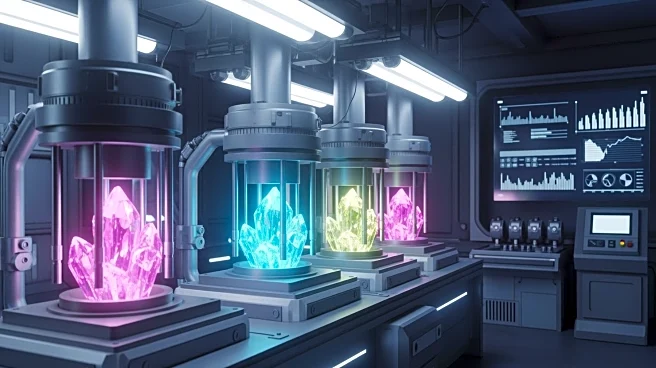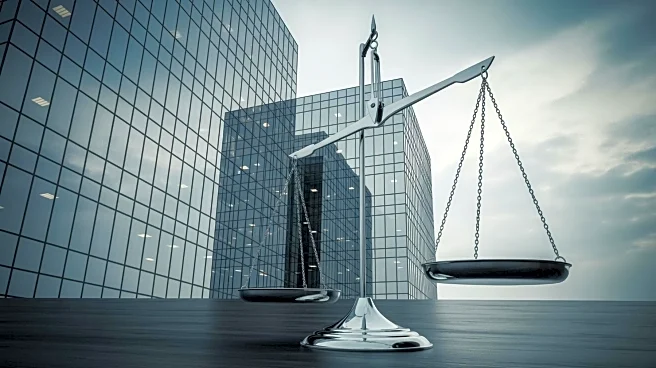What's Happening?
The Trump administration is actively pursuing various strategies to secure mineral supplies crucial for industries such as automotive, aerospace, and defense. This initiative comes as China continues to leverage
its control over rare earth exports, posing a potential threat to global industry. Recent efforts by the administration include taking stakes in mining and mineral firms, proposing a strategic reserve of rare earths, and supporting domestic producers through price controls and tariffs. A significant development is the strategic agreement with Australia to invest billions in developing mineral supplies. This topic is expected to be discussed at the upcoming Group of 7 meeting in Canada.
Why It's Important?
The U.S. reliance on Chinese rare earths has been a longstanding issue, affecting multiple presidential administrations. The current measures by the Trump administration aim to reduce this dependency, which is critical for national security and economic stability. The success of these initiatives could lead to a more diversified and secure supply chain for essential minerals. However, the process of establishing alternative sources is complex and time-consuming, requiring significant investment and technological advancements. The outcome of these efforts could have far-reaching implications for U.S. industries and their global competitiveness.
What's Next?
The construction of new mines, refineries, and factories necessary to provide alternatives to Chinese supplies will take years. The administration's plans will require substantial capital investment, posing a risk that taxpayer funds might be allocated to unproven companies. The strategic agreement with Australia marks a step forward, but the effectiveness of these measures will depend on continued international cooperation and technological innovation.









